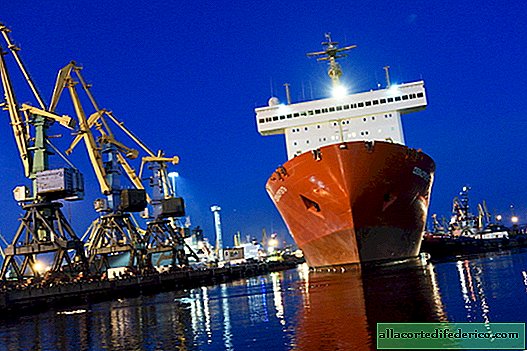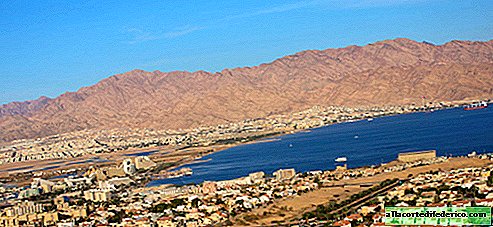May Day or why pilots do not transmit an SOS signal in an emergency
Many of us know that the most common and well-known distress signal is SOS. Of course, we have approved this for ourselves thanks to books and numerous films. But is it really so? In reality, aircraft and marine commanders use a completely different signal.

In order to get in touch in case of emergency, the captains of the ships use their voice, not Morse code, which is why the Mayday phrase is an important signal in this case. It is literally translated into Russian as “May Day”, but messages are usually always transmitted in English.
Who, when and why came up with exactly this designation for the transmission of information? If you thought that this could be due to the already sad reputation of the month of May, then you were mistaken. Also, this has nothing to do with any events that happened on a May day.

Everything is much simpler: in the 20s of the last century, radio operator Frederick Stanley Mokford from a London airport suggested using this phrase to refer to various emergency situations and emergency situations. At the same time, it should not have resembled any other signals in sound. I must admit that the message turned out to be capacious and very easy to remember. In addition, it was somewhat in tune with the French phrase m'aidez - "come to my aid." The signal quickly came into use and today is used around the world.

















